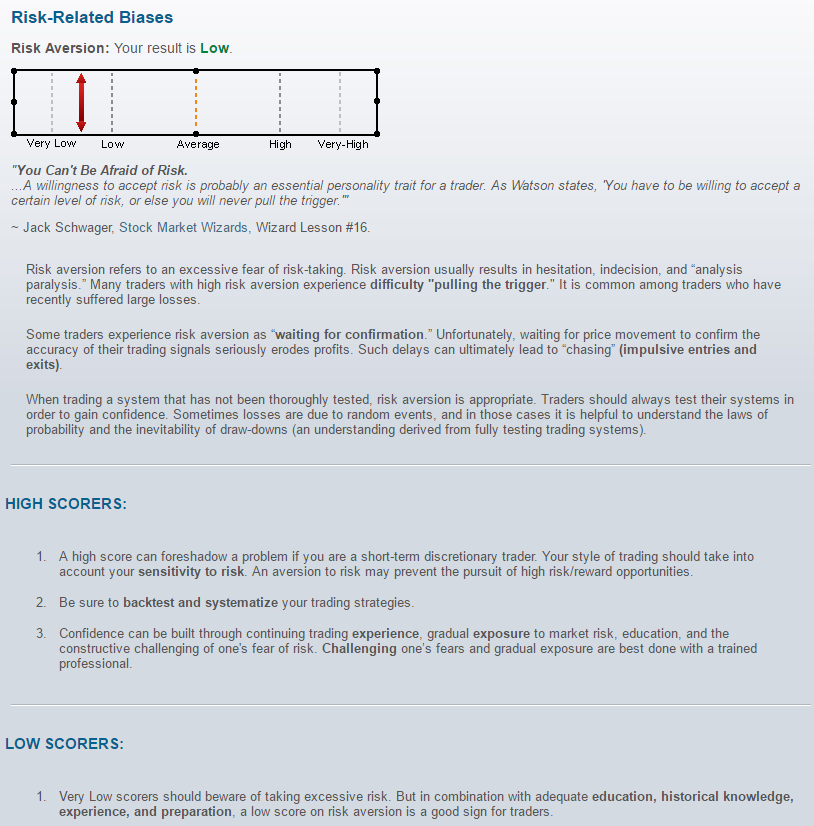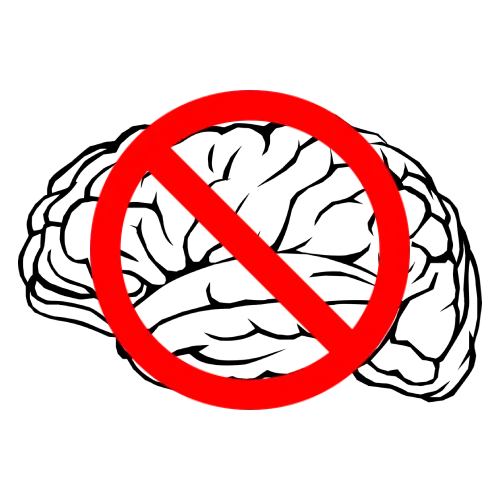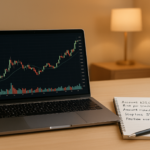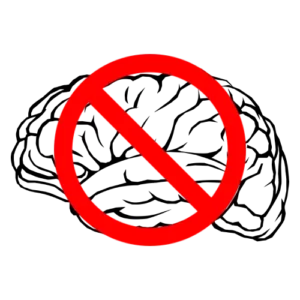How To Become A Trader In Stock Market
This is probably a question which many beginning traders will ask after they have met with some setbacks in their trading journey. Occasionally, experienced traders also ask if they still have what it takes to be a trader.
Trading is easy enough to pick up but difficult to master. I mean anyone can look at any chart, throw on some lines, do some analysis to derive a bias, then click Buy or Sell. Whether you make money from all that in the long run is an entirely different matter.
Mastering this skill takes a lot more work than most people realize. And that can be said for any life skill you decide to learn. Think pilot, doctor, carpenter, musician. They all need time and effort to master, the only difference is trading has a much more immediate monetary feedback. Therefore, it’s commonly recognized that successful trading has much similarity with the skills required for professional poker.
While it may seem more difficult than other life skills, there’s a silver lining!
There are numerous ways to extract money from the markets. Short term, long term, trend following, mean reversion, order flow trading and everything else in between. So to give yourself the best chance of success, find a style which suits your personality and lifestyle.
#1 Find Out Where You Stand
The first thing you need to do, is find out where you stand.
Sit down and take a look at your lifestyle. How much time can you commit to trading? An hour a day? Maybe 6 hours a day? Or 2 hours a week?
There are no right or wrong answers. Just honest and dishonest ones.
For the highest chance of success, be as brutally honest as you can.
#2 Identify The Real You
Now get to know the real you, the trader you.
(I don’t mean have conversations with yourself in front of the mirror. But if that’s what you want to do.. Well, whatever rocks your boat amigo!)
For the rest of us, there are numerous trader tests available online, admitted some more relevant than others. Accuracy for any can be disputed, since the science of what makes a good trader has yet to be defined. But there is one company who thinks they’ve found a way to develop that “X factor” in successful traders.
There was research conducted some time back which tested a bunch of people on how accurately they could call market direction. Then these same people were made to do 3 types of social cognitive and numerical tests. The results showed that numerical aptitude had little to do with this “X factor” in the people tested, but instead there was a correlation with social cognitive functions.
You can take their test at the website below, which also includes a more detailed explanation of their method. They believe that it’s possible to exercise and train this related ability with the practice tests they have designed,. While I can’t vouch whether these claims are accurate now, no harm exercising my social cognitive abilities!
Trader Brain Exercise (https://www.traderbrainexercise.com/Home)
Here are a couple of other tests which I’ve tried.
1) The Tharp Trader Test (http://www.tharptradertest.com/default.aspx?question=1)
This one is pretty interesting, as it tells you what type of trader you naturally are. Try to answer this as honestly as you can, but don’t be surprised if you take the test a year later and find that you’ve become classified as a slightly different type of trader. Get the full report, it’s very comprehensive and gives some interesting insight into the trader you.
2) Market Psych (http://tests.marketpsych.com/test_question.php?id=15)
There are a few tests here, I tried the “trader personality” test. It gives short descriptions into your scores of some trading characteristics and how it affects your trading, less detailed than tharp’s full report, but just as insightful.
Here’s a quick snapshot of what the report is like.
Now that you know your personality type and the time you can commit to trading, you have a rough idea of what would suit you. So now…
#3 Explore Your Options
It’s time to explore your options!
To explore the world of trading, read. Read a lot. And read widely. There is a ridiculous amount of information about trading online, so to start you off, here are a few types of trading to start your research on.
Trend following: This is a very popular method which is advocated by Collin as well. It entails getting on the existing trend and riding it for as far as it is still in tact.
Order flow: You might have heard people call this “tape-reading”. It means reading the time&sales, how the bids are stacked, how price moves between the bid and ask levels. Usually a style for very short term trading on futures or equities markets.
Price action: There are so many different definitions of what this means. But generically to me, it means interpreting price movements in relation to certain technical, or historical, reference price levels on the chart.
Systems: Mechanical approach to trading with rigid entry and trade management rules.
Reversal: looking to catch a change in the existing trend.
Mean reversion: Similar to reversal trading, the difference is reversal trading is about catching the change in trend. Mean reversion tends to have better results if entries are in the direction of the current trend.
So in doing your explorations into each type of trading, find something which will suit your personality and lifestyle best. You might need to make a few adjustments to squeeze out more time at the start, but it’s all worth it.
After this, one absolutely key ingredient you need to be a trader, is Passion for the sport.
If you don’t have a strong interest in the financial markets and trading, it will be extremely difficult to persevere through the initial rough years where there is a very steep learning curve. To master your emotions and impulses, manage your risks well and reach profitability.
Trade well and true folks!














